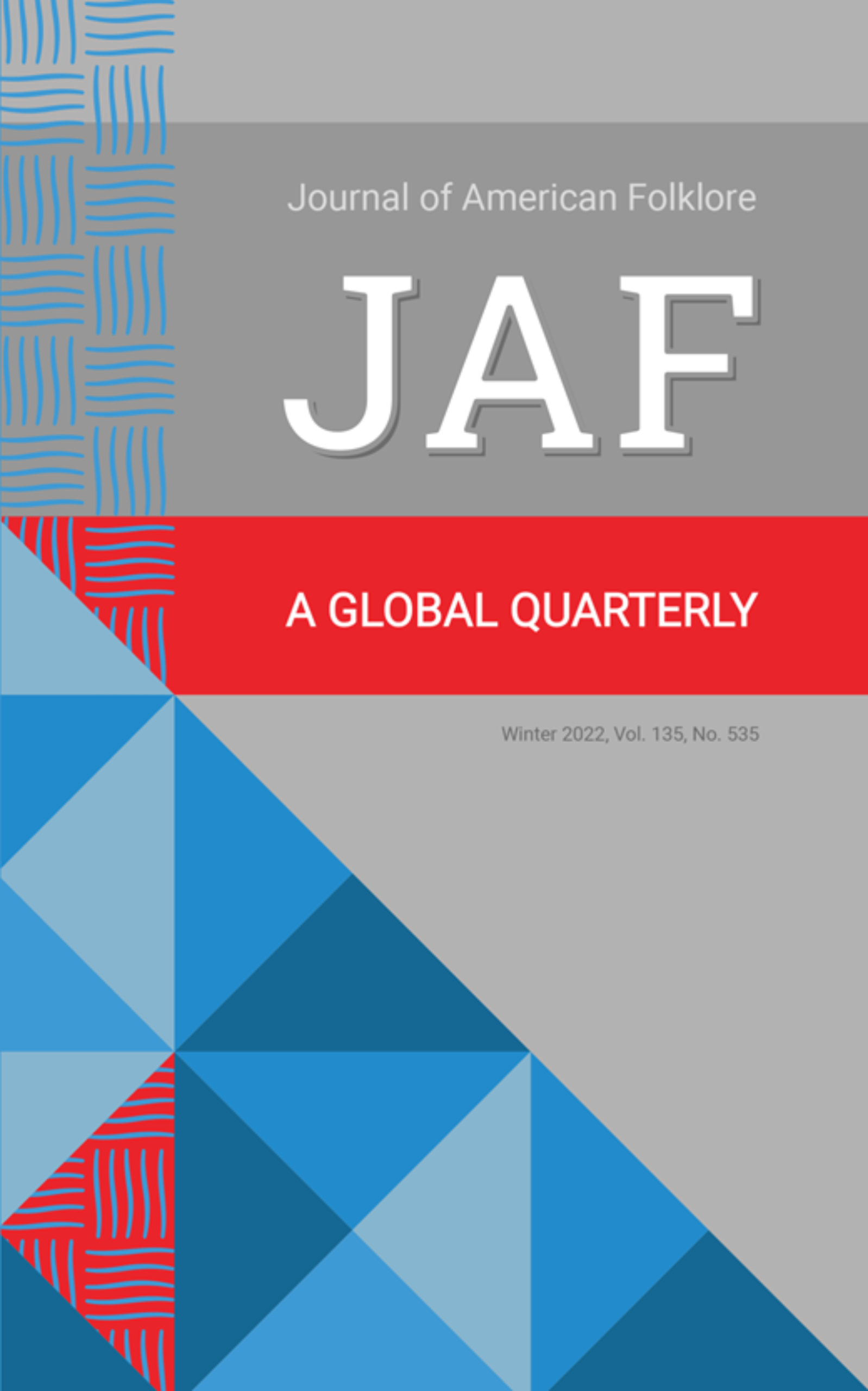Shining a spotlight on the online memorials for the late Dr. Li Wenliang, better known as the “whistleblower” for COVID-19 in China, Chinese studies scholars Ziying You and Qiaoyun Zhang investigate collective mourning and construction of historical narratives on Chinese social media, particularly Weibo, during the pandemic in their academic article, “Graves in One’s Heart: Grassroots Memorialization of Dr. Li Wenliang during the COVID-19 Outbreak in China.” The article approaches the development of the COVID-19 pandemic through the lens of online Chinese folklore, or narratives by regular people, about Dr. Li Wenliang, a doctor working in a Wuhan hospital who informed others about a new coronavirus and criticized government misinformation in the media and passed away after contracting COVID-19 from a patient.
The term “grassroots” refers to members of local communities, the movements they initiate, and the social issues that center them, and the focus on this specific group highlights “the significance of ordinary people’s responses and resistance to authorities when facing traumatic deaths” (You and Zhang 8). The authors employ the idea of “grassroots memorialization” to describe online responses to Dr. Li’s passing, or “the process by which groups of people, imagined communities, or specific individuals bring grievances into action by creating an improvised and temporary memorial with the aim of changing or ameliorating a particular situation” (Margry and Sánchez-Carretero, qtd. in You and Zhang 8). Since the memorials for Dr. Li were the spontaneous work of ordinary Internet users, they demonstrated “grassroots agency” in coping with the pandemic. The memorials took various forms, including collective online and real-world efforts and individual acts of remembrance.
Grassroots memorialization of Dr. Li raised public awareness towards the impact of government censorship, as it fostered conversation about the benefits of accepting multiple perspectives in society. People expressed support and appreciation for Dr. Li’s courage in exposing information about COVID-19 without permission from the authorities and lamented that the authorities’ suppression of Dr. Li’s statements led to the delay in public health response towards the new virus outbreak, with hopes that similar situations would not occur again. “If Chinese society were able to understand and tolerate different voices in the first place, […] maybe today’s Wuhan, today’s China, and today’s world would not be like this” (You and Zhang 12), said one interviewee. Discussions generated by memorializing efforts swayed public opinion in favor of a more democratic culture of opinion expression, which would contribute to greater information transparency and a timelier response to the outbreak of a public health crisis. Online spaces dedicated to the memory of Dr. Li also served as “virtual Utopias” during lockdown, as Internet users were united in their mourning and respect towards him. They used these spaces as an alternative to socializing while abiding by lockdown regulations.
This article investigates the interactions between ordinary Chinese citizens and state control, be it through exposing the government’s mishandling of the COVID-19 outbreak or showing support for this act through social media. It outlines the various forms of memorial initiated by Internet users for Dr. Li Wenliang, and how they expressed feelings of grief and longing in their posts. “By creating the “virtual utopia” online, they support each other to go through the unprecedented crisis together and heal together” (You and Zhang 21), the authors observe. “Grassroots memorialization” represents a form of COVID-19 narrative that combines mourning, the subtle subversion of state control and state-led memory-making processes, and the unity of a virtual national community, as Chinese citizens took it upon themselves to preserve Dr. Li’s memory and legacy, establishing “graves within their hearts.”

Image Captions:
Cover image of The Journal of American Folklore, vol. 135, no. 535.Citation: You, Ziying, and Qiaoyun Zhang. “Graves in One’s Heart: Grassroots Memorialization of Dr. Li Wenliang during the COVID-19 Outbreak in China.” The Journal of American Folklore, vol. 135, no. 535, 2022, pp. 3–25, https://doi.org/10.5406/15351882.135.535.01. NON-FICTION, SCHOLARLY ARTICLE | CHINA. ll
Source Type: Scholarship on COVID-19 Studies
Country: China
Date: 01-Jan-2022
Keywords: Chinese Social Media, Chinese Governance, Folklore, Grassroots Agency, Grassroots Memorialization, Li Wenliang, Mourning, Online Memorials, and Weibo